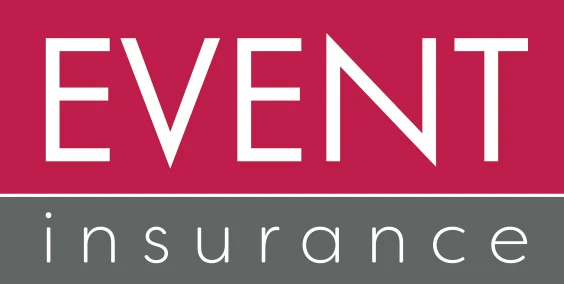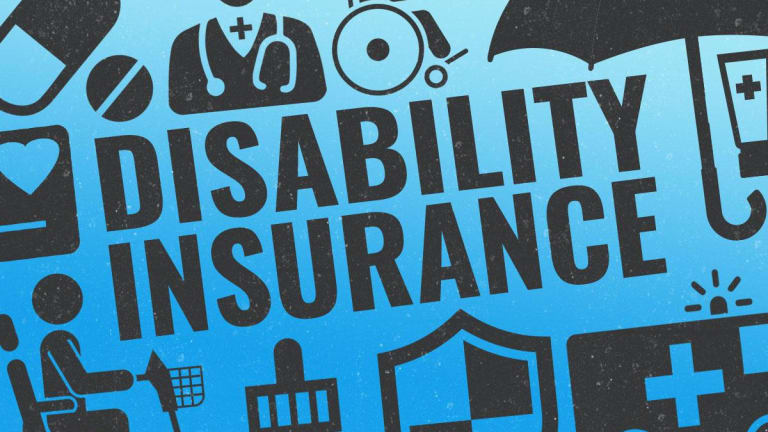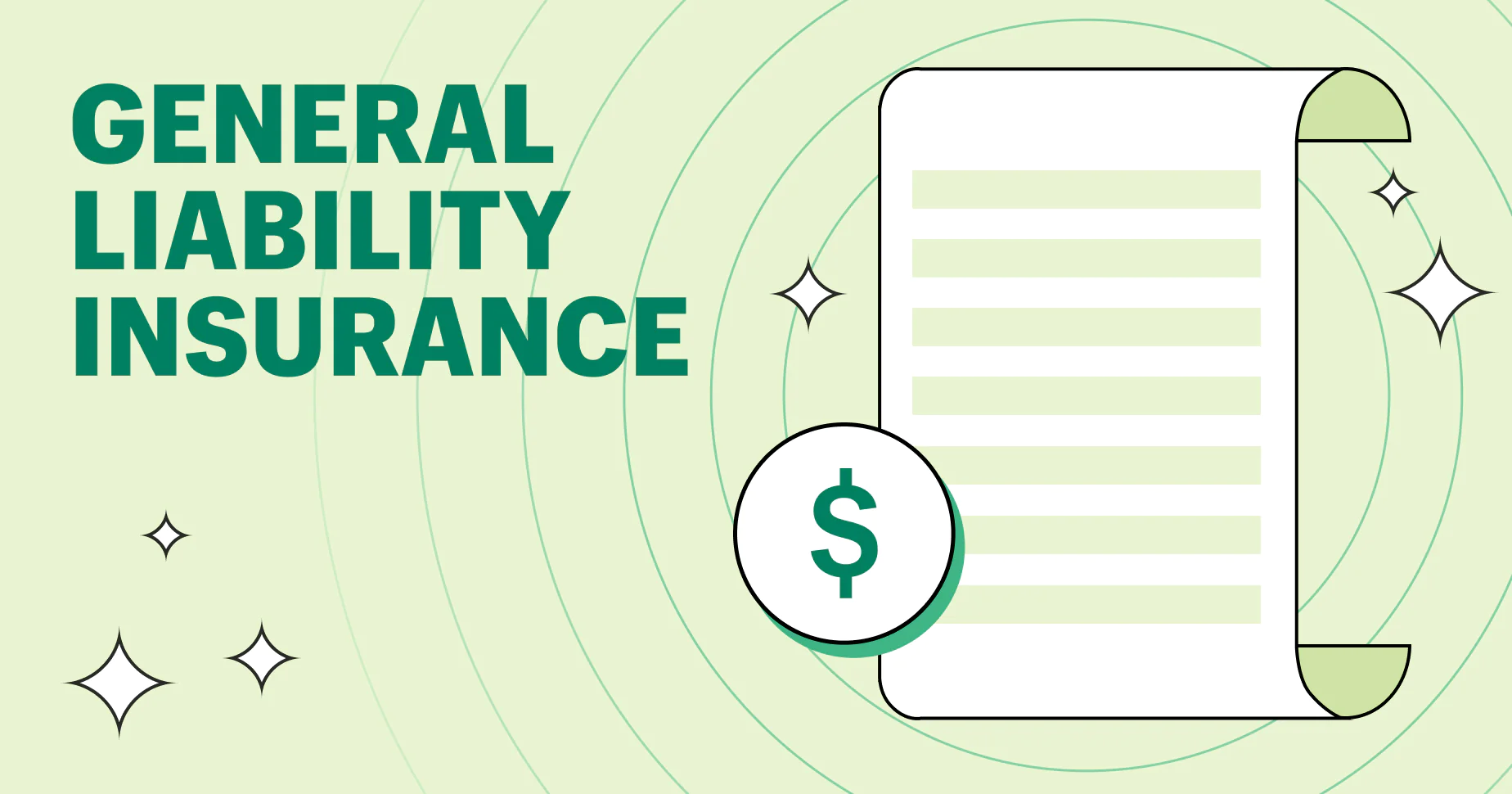Insurance
Everything You Need to Know About Umbrella Insurance
Umbrella insurance, sometimes called excess liability insurance, provides valuable supplemental coverage for individuals and businesses. This type of policy helps fill coverage gaps and increases liability protection from costly lawsuits. In this comprehensive guide, we’ll explain how umbrella insurance works, who needs it, costs, and key benefits versus drawbacks. By the end, you’ll have a thorough understanding of this important additional layer of protection.
What is Umbrella Insurance?
At its core, umbrella insurance helps provide broader protection above and beyond typical auto, homeowner’s and other primary personal/commercial liability insurance policies.
Some key characteristics of umbrella insurance include:
- It acts as an additional layer of coverage after primary policies are exhausted.
- Coverage limits are higher, often starting at $1 million and going up to $5 million or more.
- Premiums are relatively inexpensive given the high limits provided.
- Broad form protects against many types of liability claims.
- Underlying policies must meet minimum coverage requirements.
So in essence, umbrella insurance strengthens liability protection and shields personal assets from high jury awards or settlements above primary coverage maximums.
How Umbrella Insurance Works
Specifically, umbrella insurance supplements the coverage you already have through primary auto, homeowner’s and possibly commercial liability policies. Here’s a general overview:
- Umbrella coverage is triggered after your primary insurance limits are maxed out on a claim.
- It provides additional liability protection above the limits of those underlying primary policies.
- Umbrella policies generally cover claims of bodily injury, property damage, personal injury and more.
- Premiums are determined based on your underlying policy limits and net worth/assets.
- Higher umbrella limits provide stronger protection against very large lawsuits or settlements.
- You must carry the required minimum underlying coverage for auto, home and other policies.
So in summary, umbrella insurance fills in where primary coverage leaves off to defend you from greater financial risk.
Who Needs Umbrella Insurance?
While not mandatory, umbrella protection is very much recommended for individuals and businesses that have considerable assets and net worth that could be at stake from lawsuits. Generally those who should consider umbrella coverage include:
- High net worth individuals (> $1 million in assets)
- Business owners and small companies
- Professionals like doctors, dentists, lawyers
- Commercial real estate owners
- Owners of sports/recreational vehicles
- Those involved in charitable/social organizations
- Families with teenage drivers or boats/pools
- Primary policyholders with high liability limits
Basically, if you have substantial personal assets or face larger than normal legal liabilities, umbrella insurance helps prudently manage your risk.
Umbrella Insurance Costs
Premiums for umbrella policies are relatively inexpensive given the extensive protection provided, usually costing:
- $1 million coverage – $150-350 annually
- $2 million coverage – $250-500 annually
- $5 million coverage – $500-1,000 annually
Some important factors influencing the price include:
- Underlying liability limits you already carry
- Your insurance scoring/claims history
- Number of risky hobbies, vehicles or watercraft
- Geographical area and associated legal climate
- Marital status (married couples see discounts)
While specific rates vary between providers, expect to pay a couple hundred bucks or less annually even for higher umbrella limits. It’s quite reasonable given the risk mitigation.
Umbrella Insurance Benefits
The key advantages that umbrella insurance provides over and above primary coverage include:
- Higher limits of $1M+, up to $5M or more depending on the policy
- Potentially saves $100k+ if sued above primary coverage amounts
- Broad form protects non-vehicle related liabilities too
- More comprehensive than auto-only based policies
- Covers legal defense costs within policy maximums
- Helps satisfy minimum liability limits for high risk activities
- Discounts potential lawsuit payout settlements
- Lower renewal costs vs increasing primary policy limits
- Inexpensive compared to risk of uncovered liabilities
- One consolidated policy manages multiple liability exposures
So in summary, umbrella insurance strengthens protection while providing peace of mind against costly lawsuits for modest added premiums.
Umbrella Insurance Limitations
While umbrella policies enhance standard liability coverage in meaningful ways, there are some limitations to be aware of:
- Requires maintaining minimum underlying liability limits on home/auto policies
- Does not replace primary comprehensive/collision coverage
- Intended for lawsuits, not first-party property or medical damage
- Umbrella comes into play only after primary coverage is depleted
- Criminal acts, hazardous jobs/products may not be fully covered
- Premium savings vanish if underlying rates also increase annually
- Lapses in continuous coverage periods could increase renewal costs
- High liability claims history results in rate increases or non-renewals
So while umbrella completes liability protection, primary policies still handle certain risks or losses that this type of coverage does not address on its own.
Getting Umbrella Insurance
First it’s important to ensure you meet the underlying coverage requirements, then follow these typical steps to obtain umbrella protection:
- Contact your auto/homeowners insurance provider to inquire about umbrella availability.
- If offered, ask for an umbrella insurance quote along with your primary policy renewal.
- You can also work with an independent agent to compare umbrella rates across multiple insurers.
- Provide personal and financial details to underwriting for assessment and premium calculation.
- Review the umbrella policy terms carefully regarding covered claims and limits.
- Pay the additional annual premium to bind the umbrella coverage.
- Umbrella coverage becomes effective once approved and in force.
- Maintain continuous eligibility by keeping minimum primary limits intact.
Getting help from an experienced insurance professional ensures you secure all appropriate types and adequate levels of liability protection.
Umbrella Insurance Coverage Examples
Some examples help illustrate the important role umbrella insurance plays by absorbing liability claims above primary coverage:
- Auto accident – Your $100k bodily injury limit is maxed out after injuring others. The umbrella kicks in to cover additional medical/legal costs up to its $1M limit.
- Premises liability – A guest slips and sues for $350k in damages. Your $300k home policy pays its maximum then the umbrella covers the remaining $50k.
- Boat liability – Your watercraft accidentally sinks another vessel worth $120k. With a $100k watercraft insurance policy, the umbrella would pay the overage up to its upper threshold.
- Error & omissions – A client erroneously receives bad advice resulting in a $450k settlement. The umbrella policy covers their professional liability claim above their $250k cap.
These real world instances illustrate umbrella insurance filling the vital coverage gaps left by standard policies.
Final Thoughts
In summary, umbrella insurance delivers outstanding protection for relatively low additional premiums. It helps manage risk for personal or commercial activities by expanding liability coverage far beyond typical primary policy limitations. The right umbrella limits can prevent personal bankruptcy from a single lawsuit in excess of ordinary coverage amounts. Given rising legal costs and jury awards today, umbrella insurance has become an indispensable form of affordable protection for those with substantial net worth or business assets to secure. It’s well worth the minimal investment to gain this important supplemental layer of liability defense.







